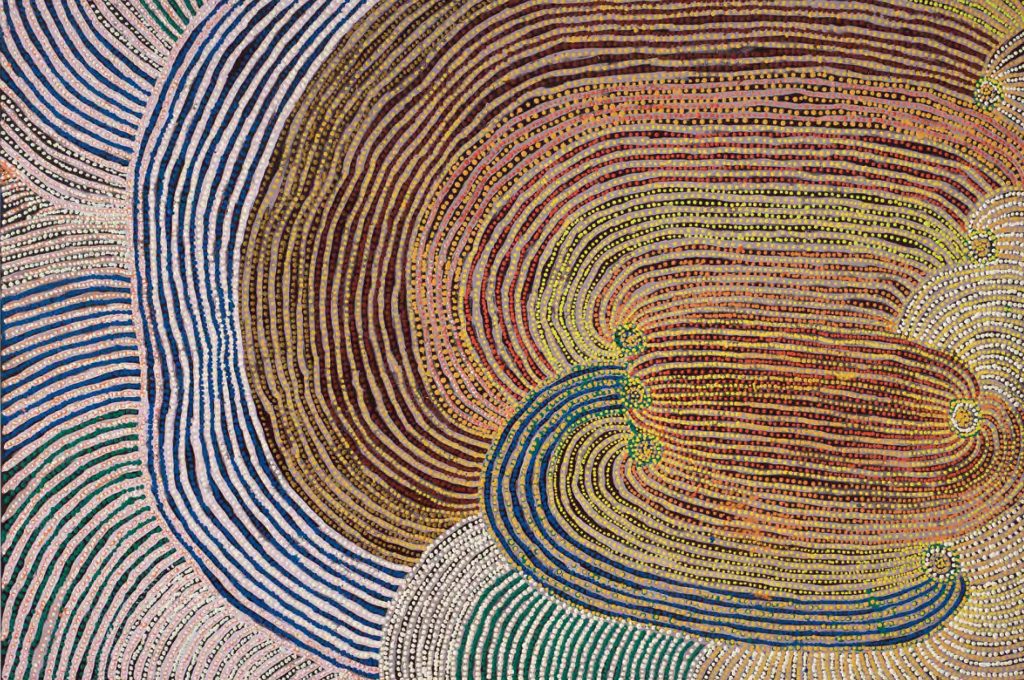
The arm twisted and turned with lightning
Imperativeness as if to reach the point
Of the borders of the day that touch
Each other on the rim of the precision-discipline.
Where is the place of the circles of
the eternities?
from Sun Ra, ‘The Arm’
We are very happy to announce the theme for this year’s reading group and conference: ‘Beyond Borders: Empires, Bodies, Science Fictions’.
Today is a time of the hardening of borders, accompanied by the increasingly violent rhetoric aimed at difference. Fortress Europe polices the Mediterranean, while the USA builds a wall along its southern Border; hatred directed at migrants and BAME communities increases daily, building on the centuries-long project of nationalism and colonialism. How can SF help us think beyond borders, while helping us to dismantle those that exist in the present? How can it help us move beyond binaries of bodily difference, while protecting those that are vulnerable now?
Borders are one of science-fiction’s most prominent, but often underacknowledged, preoccupations. Traditionally, this preoccupation has manifested in the form of alien encounters; narratives of space colonisation; and the construction of physical borders between worlds. With the barriers and systematic discrimination of the publishing industry, borders also shape the conditions under which we read SF and too often determine whose SF we read. Borders are not always visible and physical but often invisible, insidious and informal. However, while SF has at times constructed and imagined new borders, at others it has revelled in their transgression. Many writers show us the potential of SF to be a powerful tool for imagining post-colonial and non-binary futures. SF often creates hybrids and monsters to challenge the binaries of the self/other; animal/human; technological/organic; and material/immaterial. The body in SF is frequently broken down, expanded or pushed to its limits, as authors imagine new ways of being and strange erotic couplings. This year we seek SF which not only explores the power dynamics and navigation of borders, but which imagines their permeability and deconstruction.
A few example texts representative of what we’ve been thinking about: the varied works of Sun Ra, Octavia Butler’s short story ‘Bloodchild’, Shinya Tsukamoto’s film ‘Tetsuo: The Iron Man’ and River’s Solomon’s novel ‘An Unkindness of Ghosts’. This year we are specifically seeking texts written by authors from marginalised backgrounds and/or outside the west. Of course, we’re always open to suggestions of lesser known texts and texts that aren’t just novels (films, graphic novels, short stories, poetry, etc.). If you want to suggest a text, suggestions will close at end of day 11th October. The best way to contact us is via email or social media, click here for more information.
As in previous years we’ll be collating the suggestions into a survey, and those who hope /intend to attend the reading group this year can vote and rank their personal preferences. Like last year, the committee will be reserving the right to modify the results of the vote, but this will be done only for the purposes of ensuring a diverse collection of texts for this year’s reading list.
Our reading group meets at 7 pm on the first Monday of each month in London at 43 Gordon Square, room 106 — unless there is a bank holiday, in which case it meets on the second Monday of the month. Our first session took place on 7th October and we will read Octavia Butler’s story ‘Bloodchild’. You can visit the Reading Group website section to find a report on how the session went.
Leave a Reply